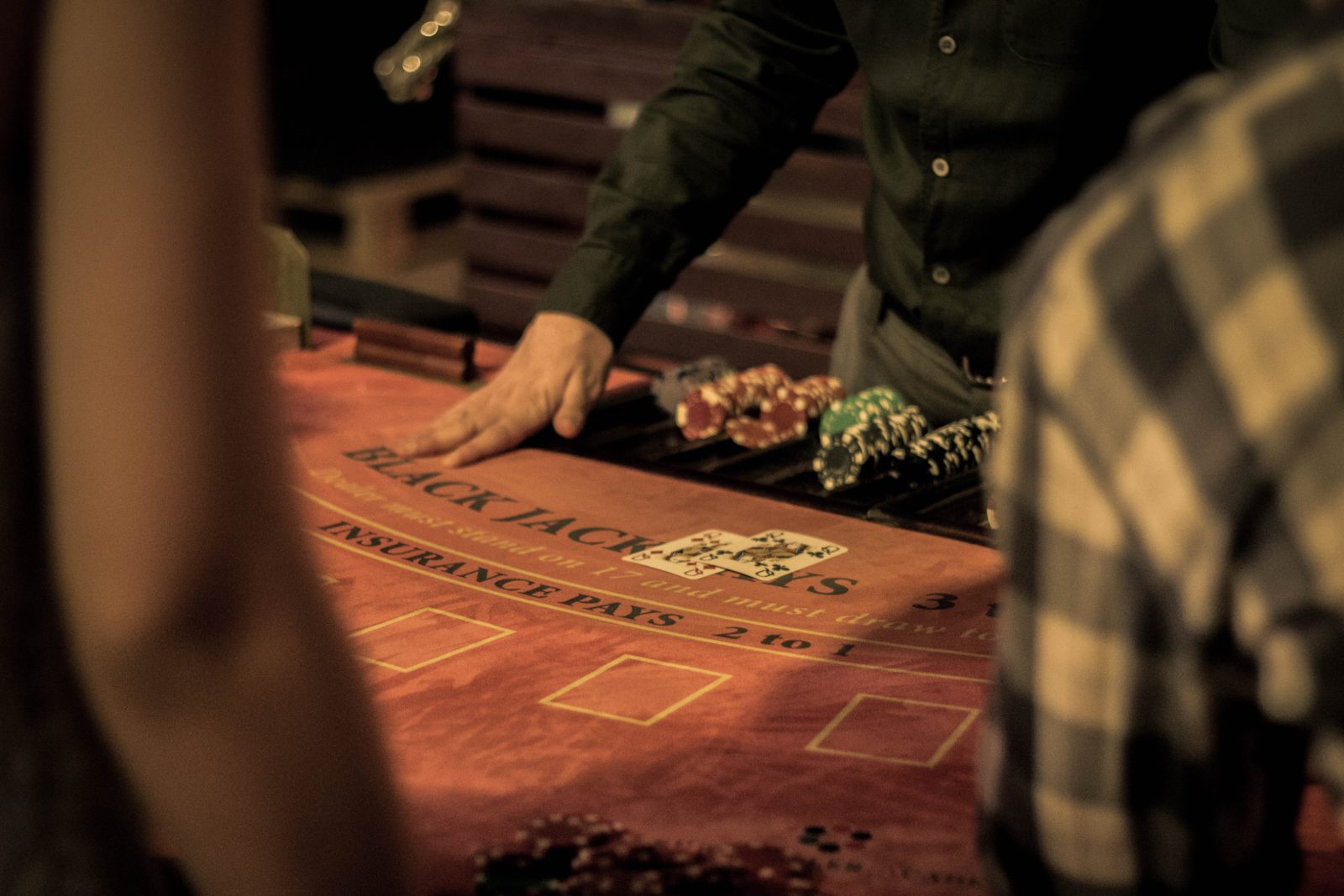
In the vibrant world of gambling, gambling house games have long enthralled the interest of gamblers around the world. These games, spanning traditional card options like Texas Hold’em to the rotating reels of fruit machines, offer an fascinating mix of luck and tactics. While chance undeniably plays a significant role in determining outcomes, the significance of skill in many gambling activities cannot be neglected. Understanding how knowledge affects the game can elevate not only a player’s enjoyment but also their likelihood of winning.
As we delve deeper the dynamics of casino activities, it becomes apparent that some demand a robust grounding of knowledge and tactics. Games like Texas Hold’em demand more than just fortune; they require critical thinking, emotional insight, and tactical decision-making. In contrast, other games, such as roulette and fruit machines, are primarily based on luck, allowing participants to rely solely on luck. This contrast raises intriguing questions about what genuinely drives achievement in the world of gambling and how a player’s skill set can tip the scales in their favor.
Grasping Skill versus Chance in Gambling Games
Within the world of casino games, the discussion between skill and luck is a long-standing one. Numerous games are frequently categorized into two categories: those that depend predominantly on chance, such as slots and roulette, and those where skill plays a crucial role, like poker and blackjack. The distinction is crucial because it affects not only gameplay strategies but also the approach players adopt when participating with these games. While luck can play a decisive role in the short term, skilled players can increase their odds of winning over the extended period in skill-based games.
Skill-based games, particularly poker, necessitate players to understand odds, psychology, and game theory. A seasoned poker player can read rivals, make strategic bets, and know when to fold, all of which can lead to more favorable outcomes. On the other hand, in games that are purely based on chance, no amount of skill can alter the odds. This means that while a player may win big in one session, their victory may often be subject to the whims of chance results rather than any tactical expertise.
In the end, both skill and luck coexist in the world of casino games, forming a dynamic environment for players. While games of chance can provide thrill and instant gratification, mastery and strategy in skill-based games offer a deeper level of engagement for those willing to dedicate time in refining their craft. This interplay between skill and luck defines the journeys of players and shapes their connection with the games they select to play.
The Impact of Expertise on Game Outcomes
In the field of gambling games, skill plays a key role in determining the results, especially in activities where strategy and decision-making are essential. For example, in poker, competitors must analyze opponents, calculate odds, and make strategic bets to enhance their odds of winning. okwintv Unlike activities that rely purely on luck, such as slots or roulette, this game demands an understanding of both the rules and the psychology of other players, making skill a vital component of success.
Additional skill-based activities, like the game of blackjack, also highlight the significance of player skill. Understanding of basic strategy, card counting, and when to hit or stand can dramatically influence the casino advantage. A skilled 21 player can lower this edge and improve their odds of winning significantly. This contrasts with games that do not allow for such tactical play, showcasing how the level of expertise directly affects the possibility for favorable results.
Additionally, even within games deemed primarily chance-driven, like craps, the decisions made by gamblers can impact their overall performance. Choosing the optimal bets, understanding the odds of different outcomes, and managing one’s funds are essential factors that can enhance a participant’s experience and results. Thus, while chance remains a factor in casino games, ability can substantially affect how efficiently players navigate these environments, leading to more positive results.
Tactics for Expert Play in Casinos
To succeed in gambling games, players must develop a strong comprehension of the regulations and odds involved in various games. This essential knowledge enables individuals to make educated choices, especially in skill-based games like Texas Hold’em and blackjack. Getting familiar oneself with game strategies, such as keeping track of cards in blackjack or identifying betting patterns in poker, can significantly enhance a player’s chances of winning. Sharpening these strategies through practice games or low-risk games allows players to refine their skills without putting substantial amounts of cash at risk.
A further key approach is money management. Players should create a budget before entering the casino and adhere to it strictly. This involves deciding how much they are prepared to lose and setting limits on how much they will bet in each session. By keeping a controlled approach to spending, players can maintain their play and reduce the risk of significant losses. Additionally, taking breaks can help preserve a clear head and prevent impulsive decisions that often lead to unfavorable outcomes.
Finally, managing emotions is vital in the high-stakes environment of a casino. Players must be adept at controlling their emotions, particularly during periods of success or defeats streaks. Staying focused and not allowing emotions influence gameplay can lead to more rational decisions. Methods such as taking deep breaths or walking away from the table during heated moments can help keep composure. By cultivating a balanced mindset, players can approach gambling games with assurance and skill, thereby improving their complete gaming experience and outcomes.